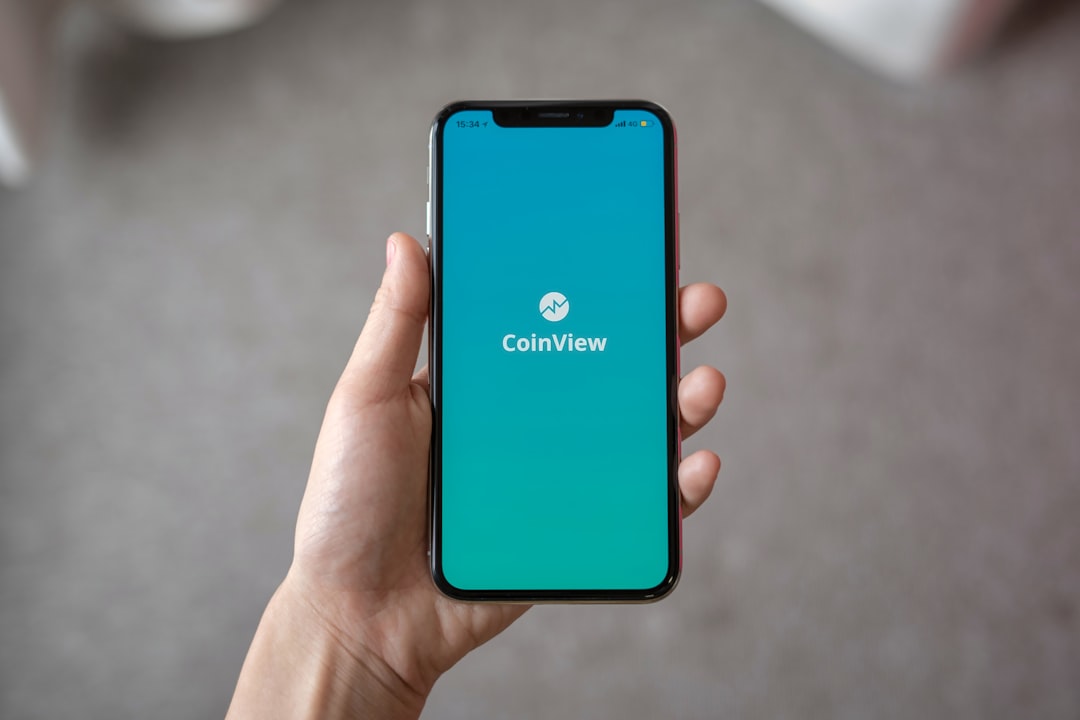In Shreveport, Louisiana, social media has empowered residents to learn about and combat unwanted telephone solicitation, with platforms like Facebook, Twitter, and Instagram facilitating access to consumer rights resources. Despite "Do Not Call" laws enforced by the FTC and state attorneys general, many locals still face excessive telemarketing due to data accessibility and loopholes. The rise of social media has also amplified scams, emphasizing the need for consumers to stay vigilant, report suspicious calls, and seek guidance from Do Not Call lawyers in Louisiana.
In the digital age, social media has emerged as a powerful tool for public awareness campaigns. This article delves into the impact of social media on consumer rights education regarding telephone solicitation in Shreveport, Louisiana. With the proliferation of unwanted telemarketing calls, understanding community engagement strategies is vital. We explore how online platforms can be leveraged to inform residents about their Do Not Call rights and the effectiveness of related laws. By examining these factors, Do Not Call lawyers in Louisiana can better serve and protect consumers’ interests.
The Rise of Social Media and Consumer Rights Awareness

In today’s digital era, social media has emerged as a powerful tool that significantly influences public awareness, including consumer rights related to telephone solicitation. Platforms like Facebook, Twitter, and Instagram have revolutionized how information spreads, enabling consumers in Shreveport, Louisiana, to access knowledge about their rights more readily than ever before. Unlike traditional marketing or legal services, where Do Not Call lawyers Louisiana might be the primary source of information, social media offers a direct line to relevant resources, making it easier for residents to stay informed and take action.
This shift has been particularly notable in the context of telephone solicitation, where consumers can now connect with local and national organizations dedicated to protecting their privacy and rights. Social media groups, pages, and hashtags specific to consumer rights awareness have fostered a sense of community, encouraging individuals to share experiences, report abusive calls, and offer advice. As a result, public awareness about the Do Not Call laws and the rights of consumers is higher than ever, empowering them to take proactive measures against unwanted phone solicitations.
Telephone Solicitation: A Growing Concern in Shreveport

In recent years, telephone solicitation has emerged as a significant concern in Shreveport, Louisiana. With the proliferation of telemarketing calls and unsolicited sales pitches, consumers often find themselves overwhelmed by unwanted attention from various sources. This issue is particularly relevant given the growing number of “Do Not Call” registries and laws aimed at protecting individual privacy and preventing harassment.
Shreveport residents are increasingly frustrated with the persistent phone calls from salespeople, scammers, and legal firms trying to sell services or push products. The ease of accessing consumer information through online databases has led to a surge in telemarketing activities, making it harder for locals to escape unwanted solicitations. This trend highlights the need for heightened public awareness about their rights and the available resources to combat excessive telephone solicitation.
Do Not Call Laws and Their Effectiveness in Louisiana

In Louisiana, including Shreveport, “Do Not Call” laws are designed to protect residents from unwanted telephone solicitations. These laws, regulated by the Federal Trade Commission (FTC) and enforced by state attorneys general, give consumers the power to opt-out of marketing calls. Louisiana’s specific regulations empower residents to register their phone numbers on the state’s Do Not Call list, effectively blocking most commercial calls within 30 days. While this legislation aims to curb excessive solicitation, its effectiveness is debated. Many consumers still report receiving unwanted calls, highlighting challenges in enforcement and loopholes that allow unscrupulous telemarketers to bypass the regulations.
The rise of social media has further complicated the landscape. Scams and fraudulent marketing tactics often masquerade as legitimate offers, leveraging online platforms to target a broader audience. Despite efforts to educate consumers about their rights, including resources provided by Do Not Call lawyers in Louisiana, the rapid evolution of communication channels poses new challenges for maintaining public awareness. Consumers must remain vigilant, reporting suspicious calls and staying informed about their protections under state law.






